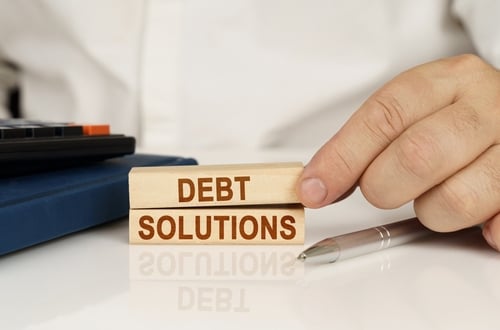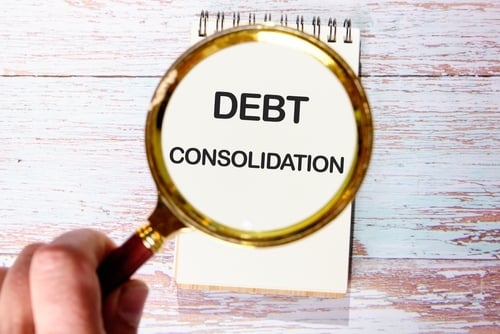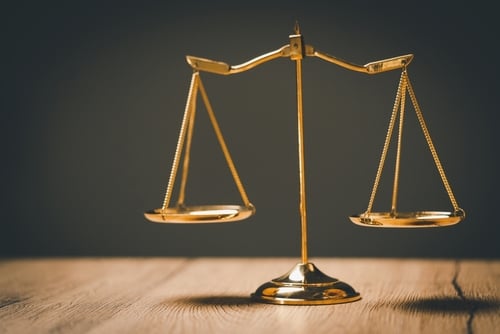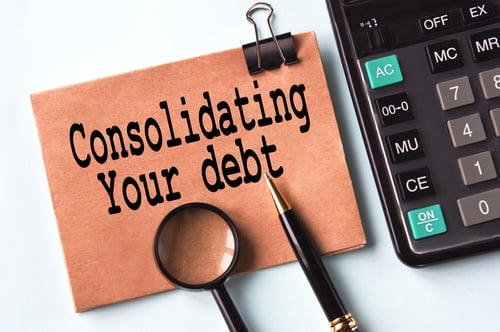What Will Happen If I Stop Paying My Credit Cards?
Credit cards can be a useful tool when used responsibly. When a young person is just getting started with building a credit history, using a low-limit unsecured credit card and making consistent monthly payments helps develop a track record that leads toward developing a healthy credit score and profile.
The same applies to individuals in the process of rebuilding a credit score and profile following an adverse financial event such as bankruptcy. Credit cards also serve a useful purpose in the context of responsible budgeting when monthly cash inflows are predictable but somewhat untimely, or in case of emergency. However, when credit cards are used irresponsibly by overspending on luxury goods and experiences, they become a curse.
Even worse, it can be tempting for some individuals to simply stop paying their monthly credit card bills. After all – what’s the worst thing that can happen if you stop paying your credit card bills? Let’s take a closer look.
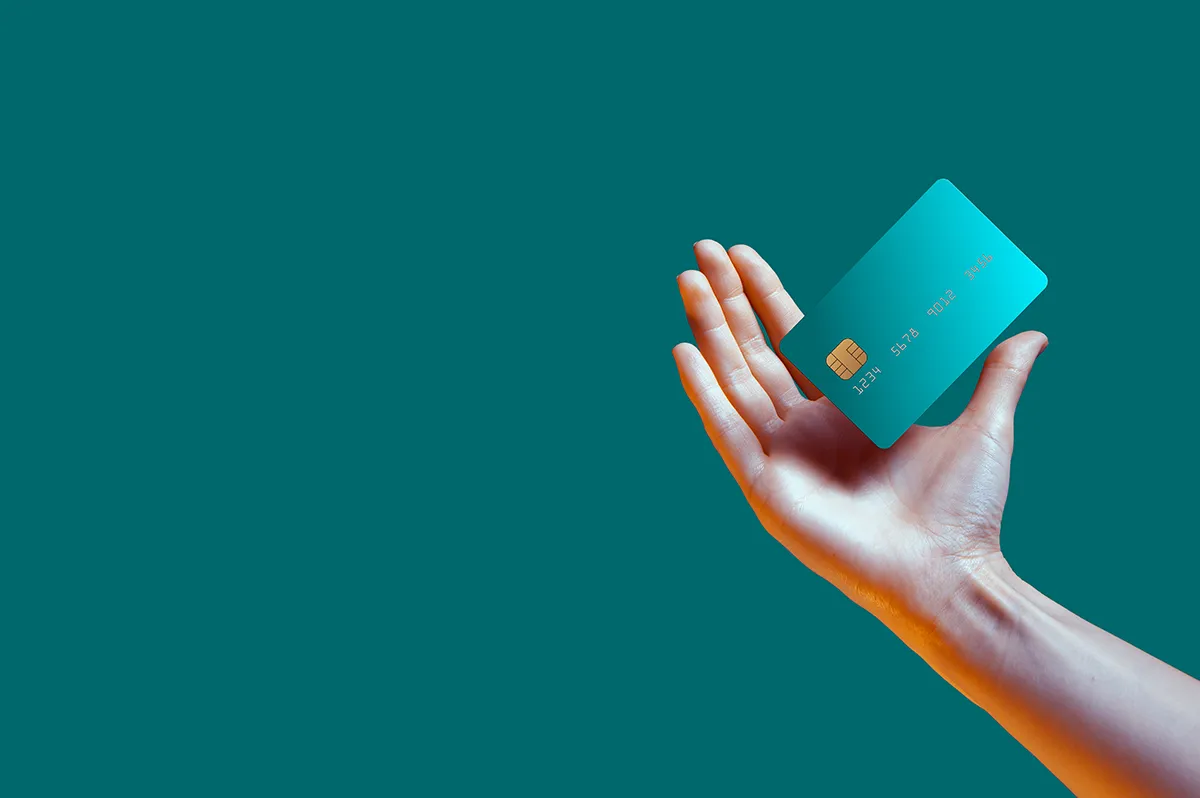
Credit Card Bills
Like any other monthly obligation, you are responsible for paying your credit card bill on time each month. Nothing good comes from skipping out on paying your credit card bill. Sure, you may feel a little relief if you don’t pay it – but make no mistake – negative consequences begin brewing almost immediately after you miss a payment.
For starters, you’ll incur a late fee (usually $25 or more) and the following month’s minimum payment will increase in size because of the missed month and late fee. You’d better do your best to make that following minimum payment because the stakes will quickly rise if you don’t. Once your account becomes sixty days past due (two consecutive missed monthly payments), penalty APR kicks in and your interest rate rises dramatically.
Up go your finance charges, and the higher interest rate – penalty APRs are frequently as high as 29.9% – each month makes it much harder to pay off your balance. Every month your minimum payment keeps rising as late fees get thrown onto the pile. Not good.
ABC
Credit Card Collections
Once the extremely high penalty APR activates, you’re already in trouble. Things have quickly gotten expensive and it’s not as if your credit card issuer has fallen in love with you, either. Even if you bring your account up to date, the penalty APR remains in effect on your existing balance and new purchases until you make six consecutive monthly payments on time.
That’s your best case – and even after those six months, the penalty APR often applies to new purchases. And what happens if you don’t catch up on your late payments? Your credit card billing department will contact you with increasing frequency over the phone and via text, as well as through email and regular mail, demanding payment.
It quickly becomes clear that they’re not going away and that your delinquent credit card account has become your mess to clean up. Meantime, the three major credit bureaus (Experian, Equifax, and TransUnion) are notified of your account delinquency on an ongoing basis, and your credit report gets stained with late payment notices at the 30, 60, 90, 120 and 180 day hallmarks.
Credit Score Impact
Late payment notices remain on your credit report for seven years and make your credit score go down, making it more difficult for you to obtain additional credit in the future at favorable terms. Your credit card company will continue contacting you with notices that your delinquent account is approaching “charge-off” status and that you are in further danger of falling into default.
Sometimes when an account is greater than ninety days past due, the credit card company will offer debt settlement – which if you can afford it – is a way out and worth doing. When a card issuer offers debt settlement, you are given the opportunity to pay less than the full balance owed on your account through one lump sum payment.
Settlement will also be noted on your credit profile and typically has an adverse impact on your credit score as well. If your account remains delinquent after 180 days, your credit card issuer will place it into “charge-off” status, writing it off at a loss and selling it to an outside collections agency for a fraction of the balance.
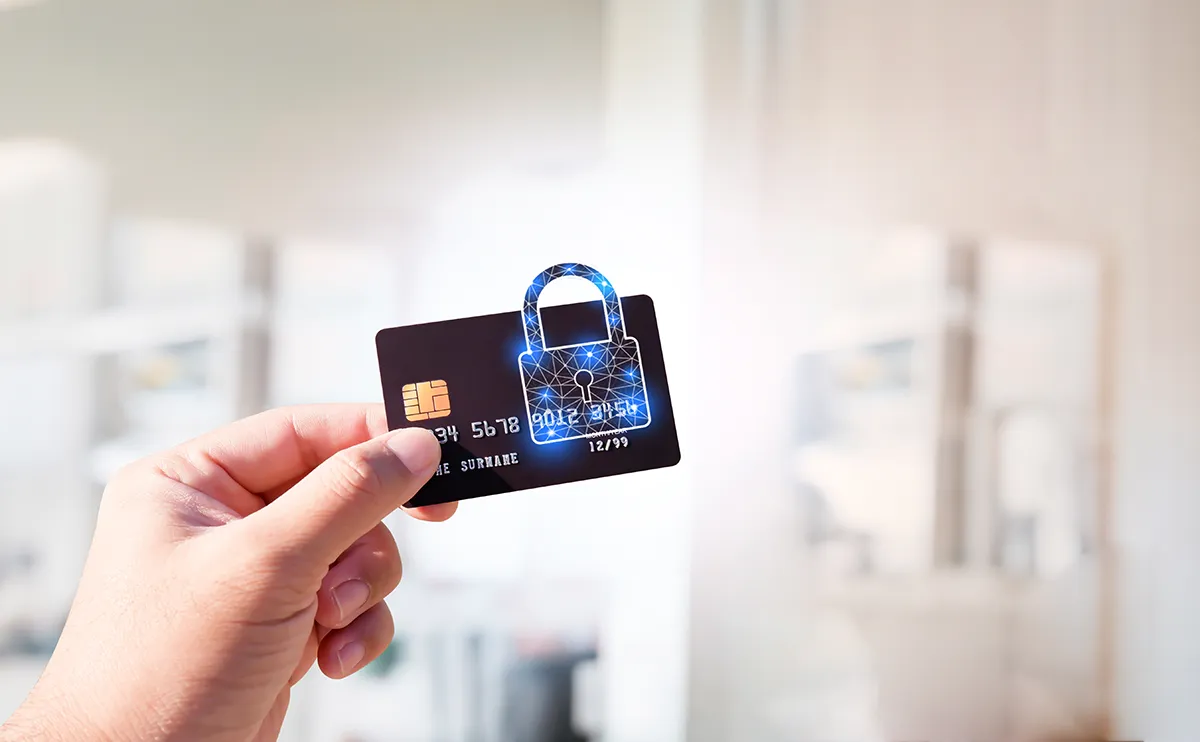
This becomes a serious stain on your credit report that remains for seven years and alerts all future potential creditors that you defaulted on a credit obligation, lowering your credit score and impacting your ability to access a home mortgage, auto loan or additional form of credit in the future.
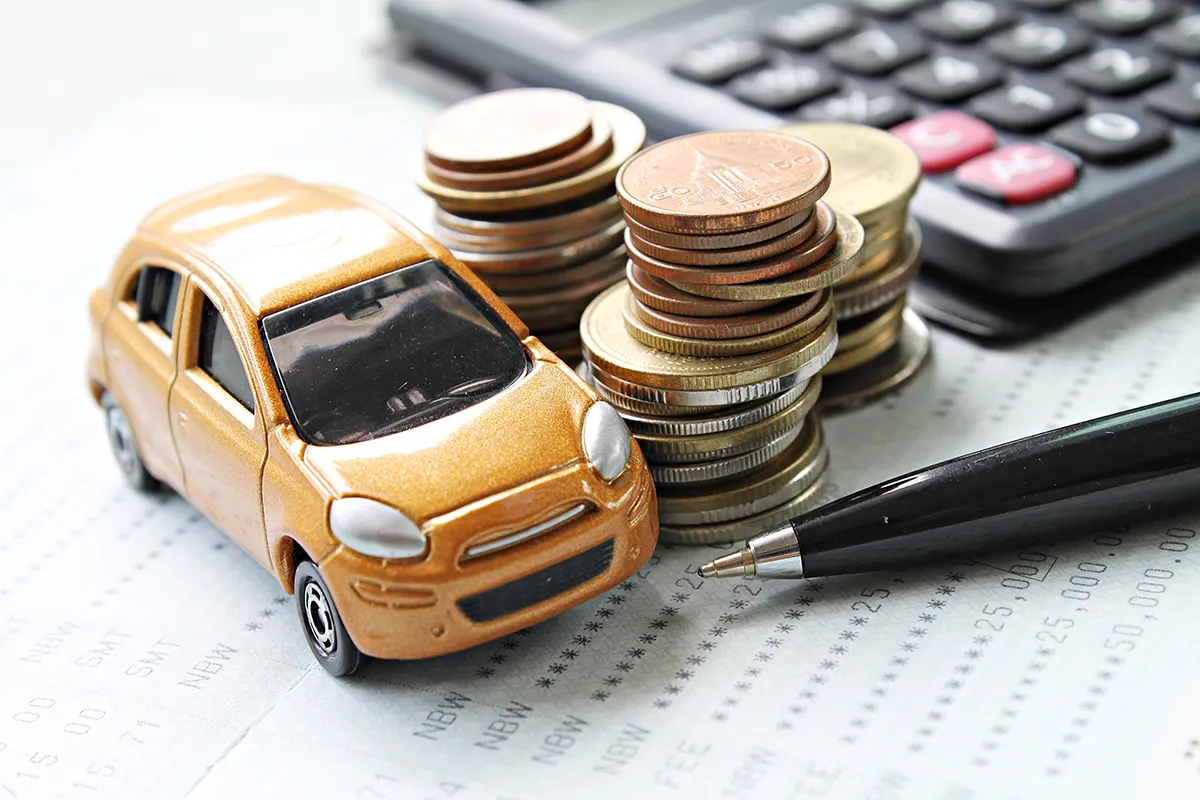
Pay Your Credit Card Bills
As you can see, it’s just not worth the trouble to neglect paying your credit card bills. Paying penalty APR, incurring late fees, watching your minimum payments climb and your finance charges rise while your credit card company keeps relentlessly contacting you – none of this is any fun.
Not to mention that calls from the collection agency that inherits your charged-off account aren’t exactly a pleasure either. Meantime you get to watch your credit score head lower and you’ll have to live with the stains of delinquent payments and default on your credit profile for years to come. Why do this to yourself?
Instead, make it a habit to submit timely payments on all of your credit cards each and every month – and for more than the minimum payment amount whenever possible. This way, you will ensure that you stay out of trouble with your credit card companies, maintain a healthy credit score and profile, and position yourself to access additional credit in the future when you may need it.

About The Author: Steven Brachman
Steven Brachman is the lead content provider for UnitedSettlement.com. A graduate of the University of Michigan with a B.A. in Economics, Steven spent several years as a registered representative in the securities industry before moving on to equity research and trading. He is also an experienced test-prep professional and admissions consultant to aspiring graduate business school students. In his spare time, Steven enjoys writing, reading, travel, music and fantasy sports.
Get Debt Relief
Speak with licensed debt specialists dedicated to guiding you toward financial stability every step of the way.

Ready To Get Started?
See if you qualify for debt relief. Get a Free savings estimate to see how quickly you can be debt free.
Embrace financial freedom with our tailored solutions, expert guidance, and unwavering commitment to your success.
Experienced Professionals
Our experienced team has helped thousands of clients successfully eliminate debt and regain financial freedom.
Customized Solutions
We know every financial situation is different, so we design personalized debt relief plans to fit your specific needs and goals.
High Success Rate
Our proven debt relief strategies deliver real results. With a strong track record of success, we help clients achieve lasting financial stability.
Confidential Consultation
Your privacy is our priority. All debt relief consultations are 100% confidential and handled with the highest level of discretion.
Explore other blogs
